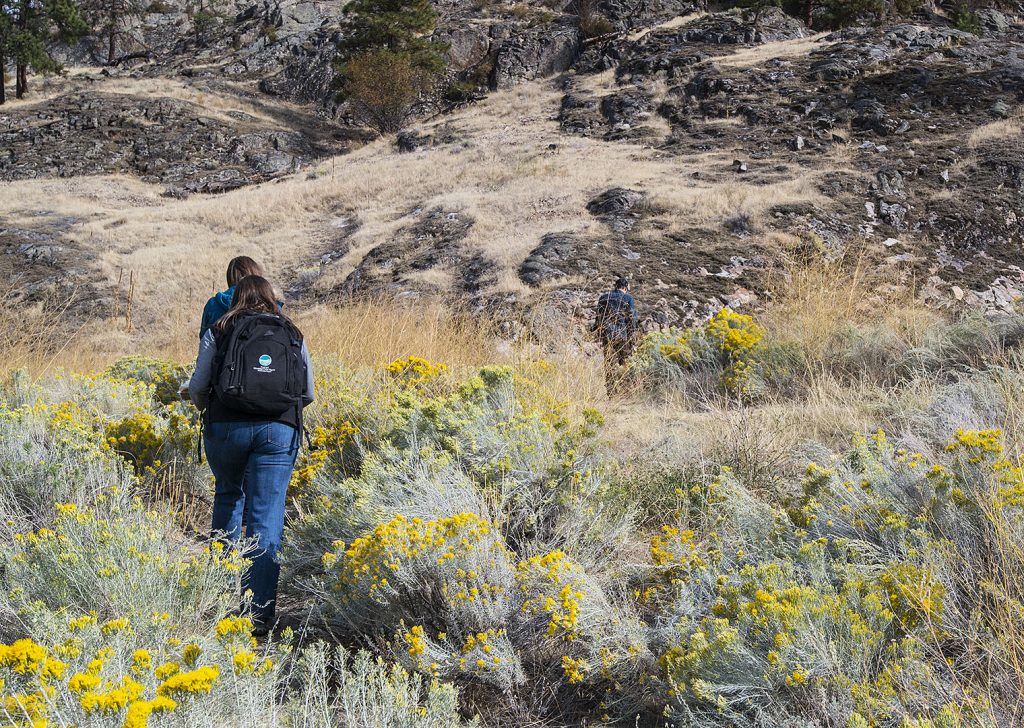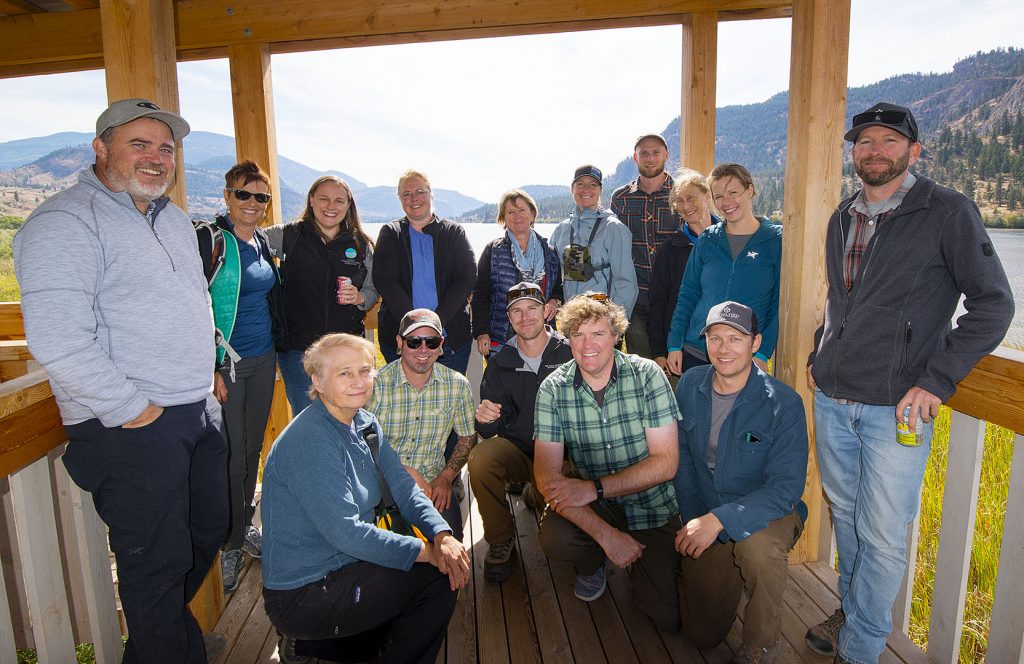On September 18-19th 2018, Habitat Conservation Trust Foundation (HCTF) hosted a meeting of conservation land managers in Penticton, BC. These managers receive funding under the HCTF Conservation Lands Operations and Maintenance Funding Program administered in partnership with the Ministry of Forests, Lands, Natural Resource Operations and Rural Development and the Nature Trust of BC. HCTF currently provides $617,500 annually to assist with the operation and maintenance of approximately 115 significant wildlife habitat areas across BC.
This gathering represented the second opportunity for land managers and other stakeholders to come together in person since the establishment of our new partnered approach to administering operations and management funding. Taking a partnered approach to conservation lands management has a number of benefits, including the ability to combine assets and expertise, avoid duplicating efforts and leverage funding.
The meeting was a great opportunity for practitioners from across BC to share knowledge, give feedback on the administration of the program, discuss plans for its evolution, and collaborate to help improve conservation land management in the province.
A highlight of the two-day event was the field trip, which provided opportunities to witness conservation land management in action.

First stop on field day was the McTaggart-Cowan/nsək’łniw’t Wildlife Management Area. This site is close to the heart of HCTF, as it is named in part for HCTF’s Founding Chair. The site name also honours the Penticton Indian Band; “nsək’łniw’t” is roughly translated from the Syilx language as “a gash on the side” and refers to a historic trail used for travel, trade, and access to medicine-gathering areas. The group then traveled onward to Skaha Lake Eastside, Vaseux Lake, and finally the South Okanagan Wildlife Management Area. Along the way, they shared common experiences, best practices and challenges related to conservation land management including wildlife usage, mineral claims, grazing, and infrastructure maintenance.
Overall, HCTF was pleased to help facilitate this important gathering and opportunity for conservation land managers to share knowledge and experience. We are in the process of refining the program administration details for the upcoming funding cycle, and look forward to incorporating the vital on-the-ground experience and feedback that was received during the event.
All photos generously provided by Karen Wipond.






